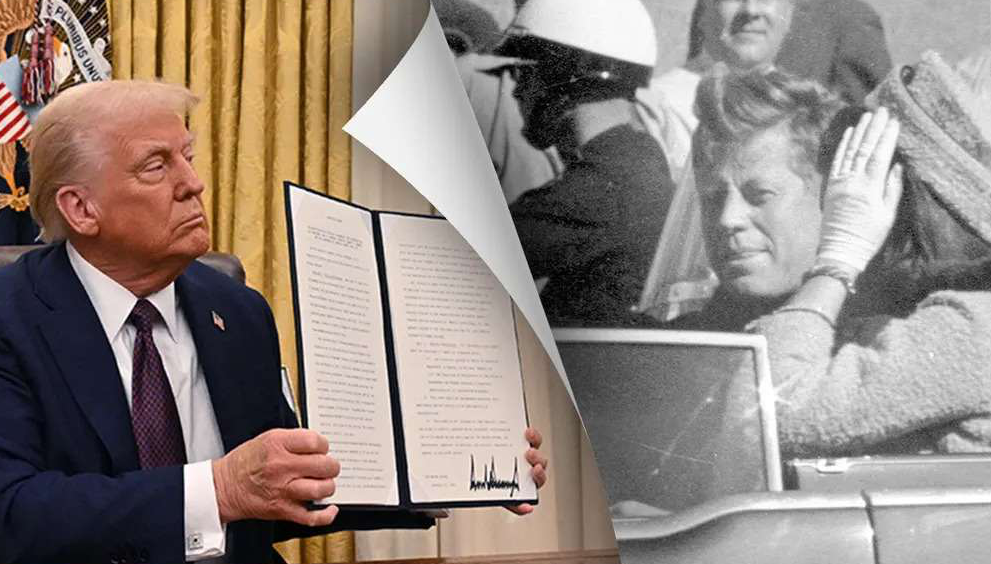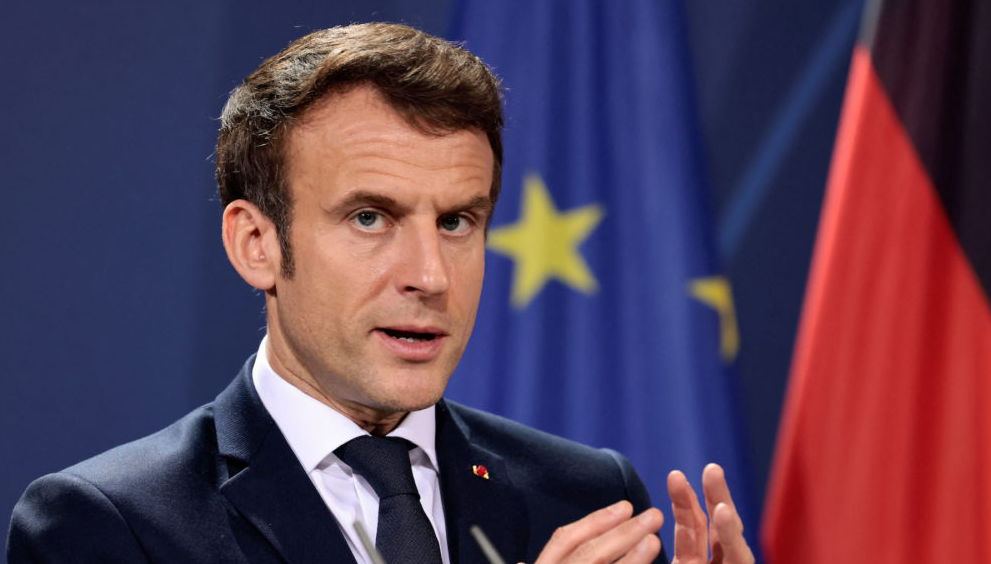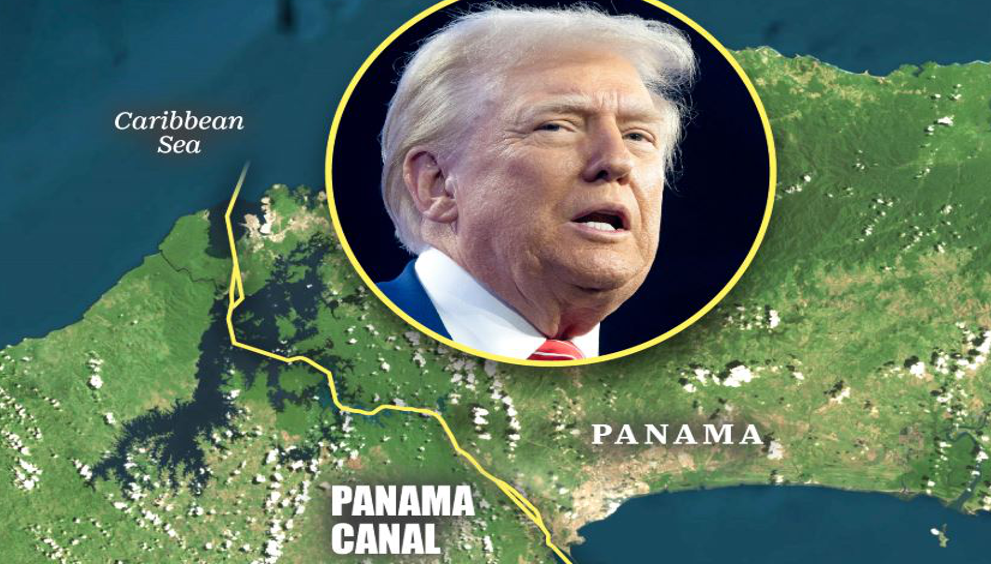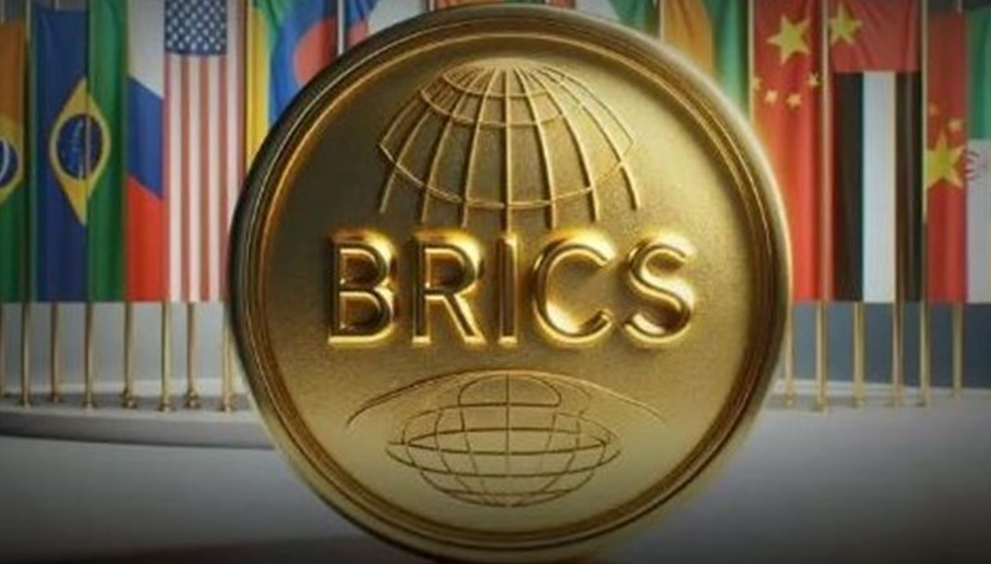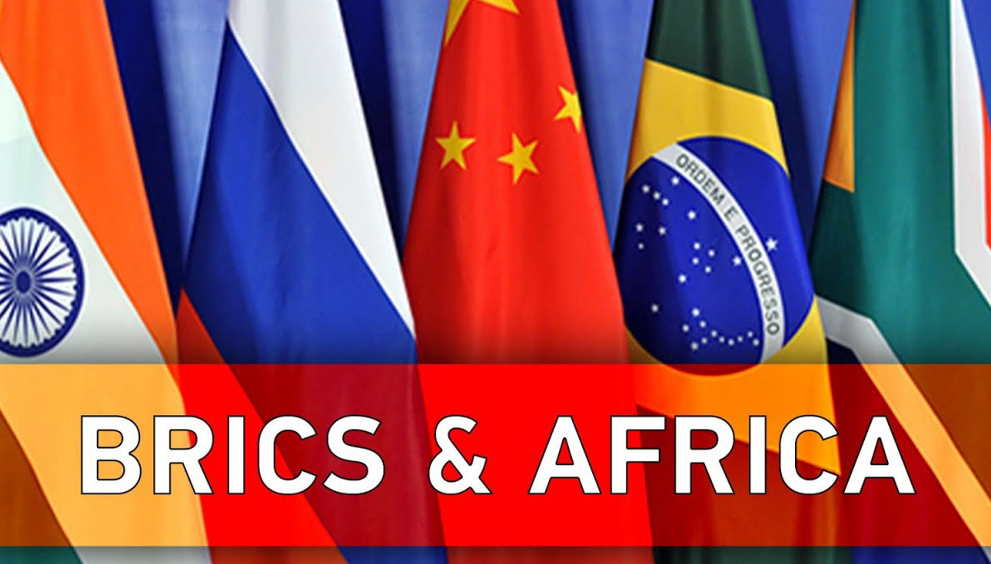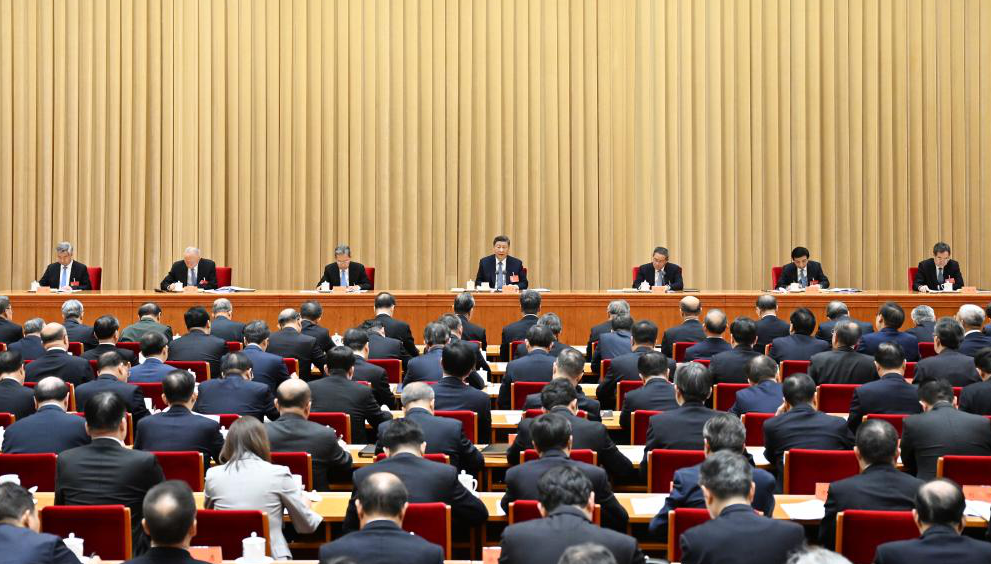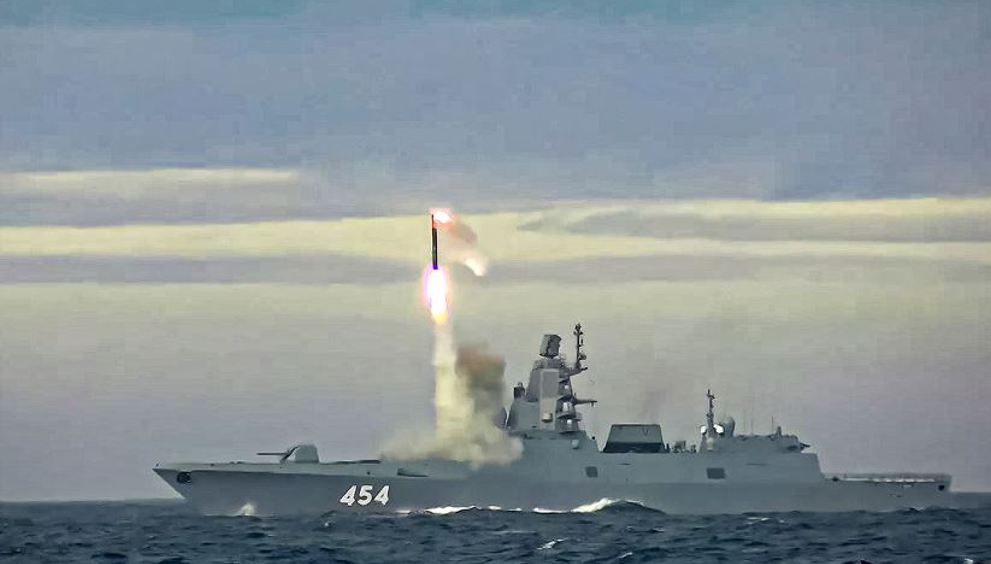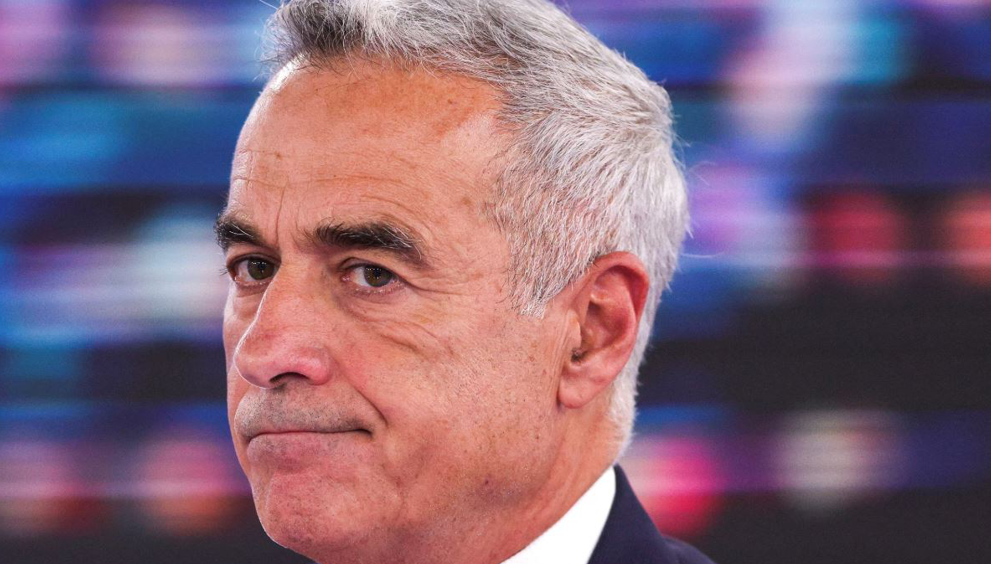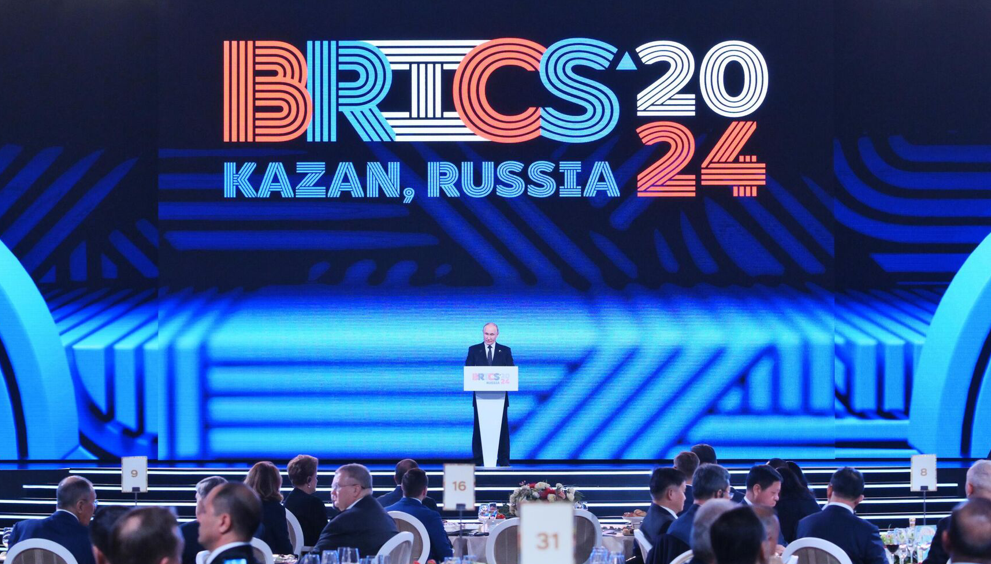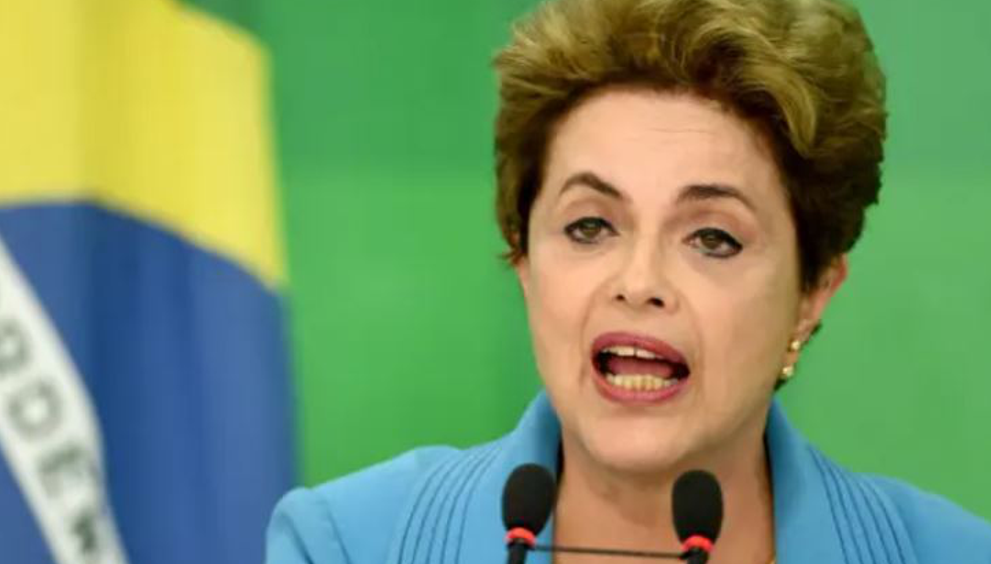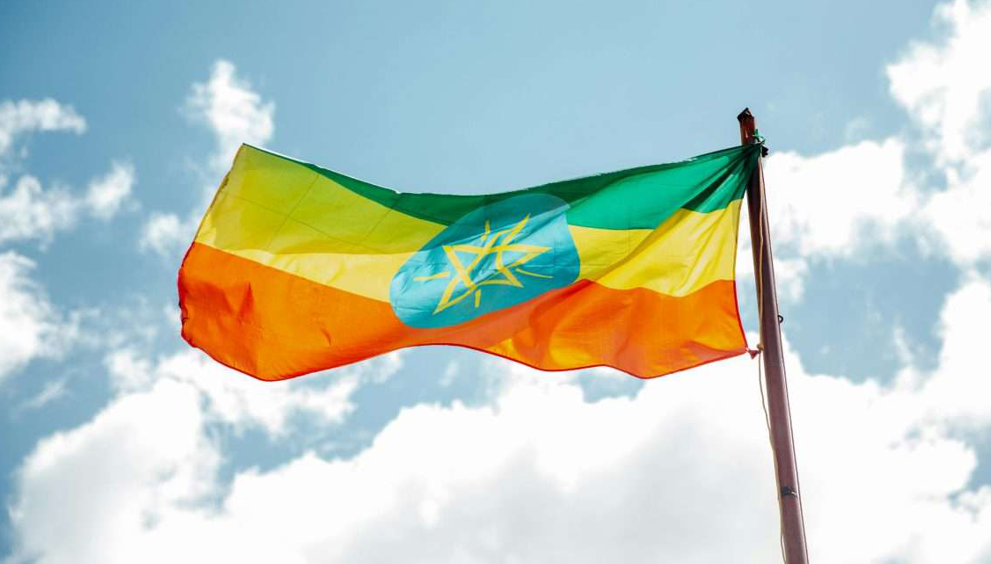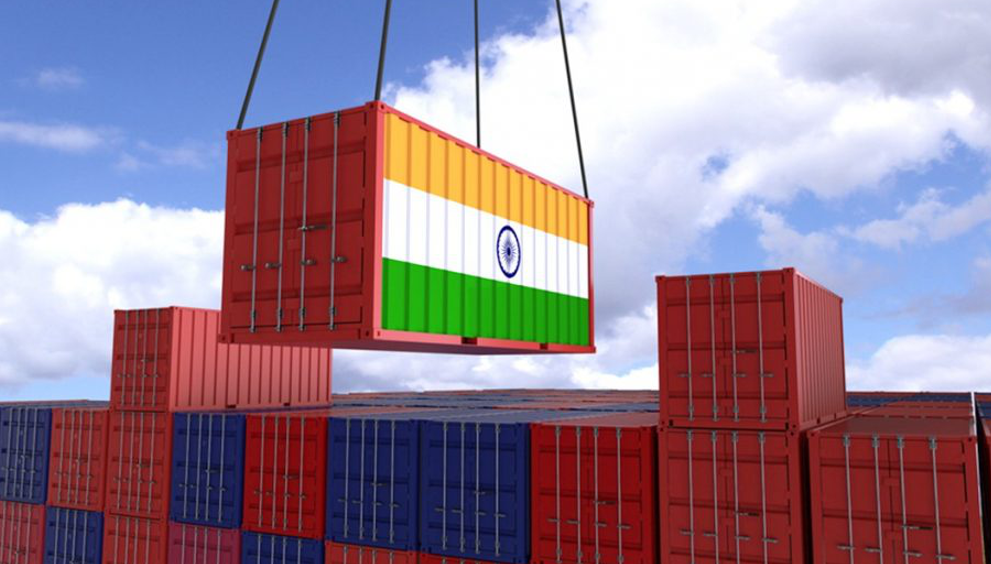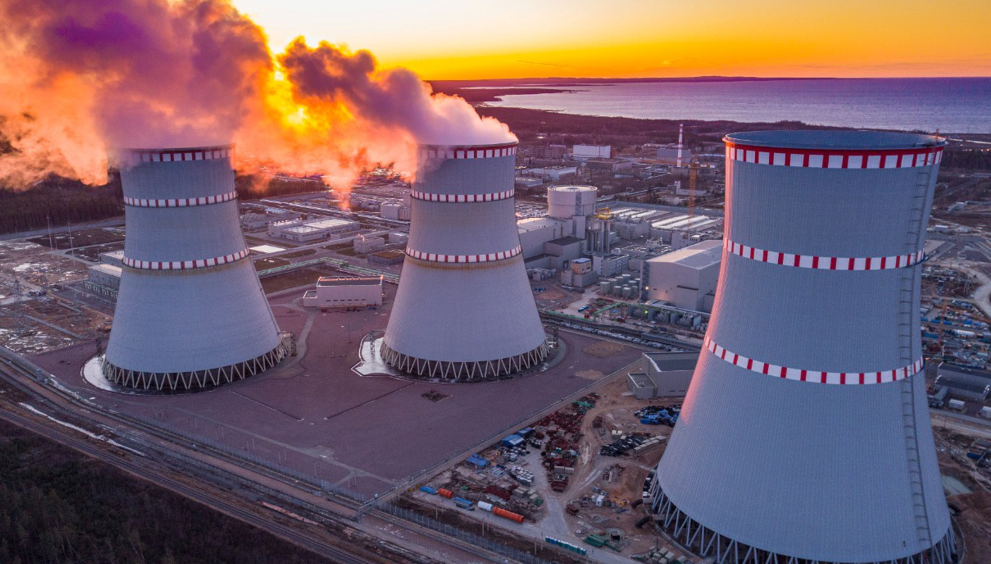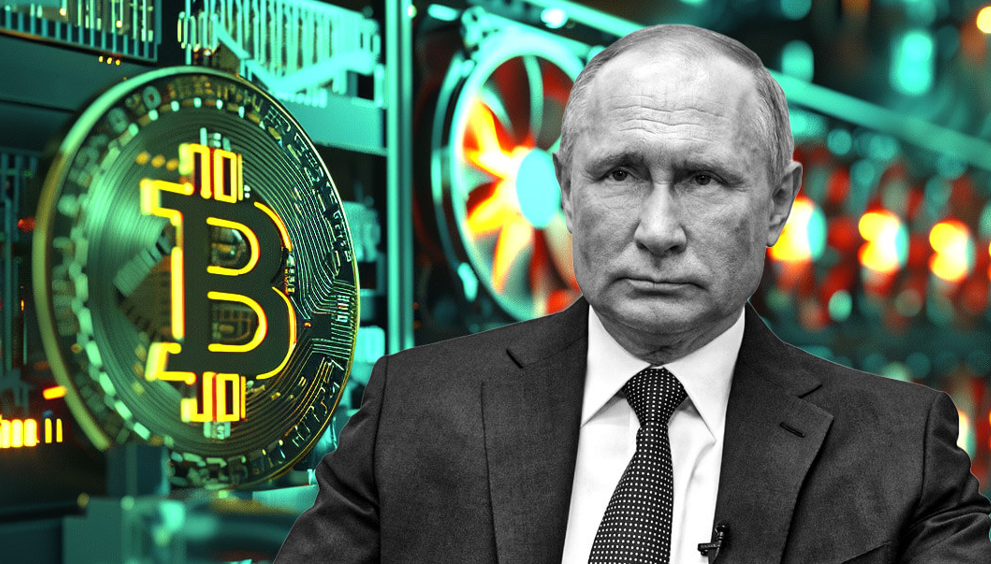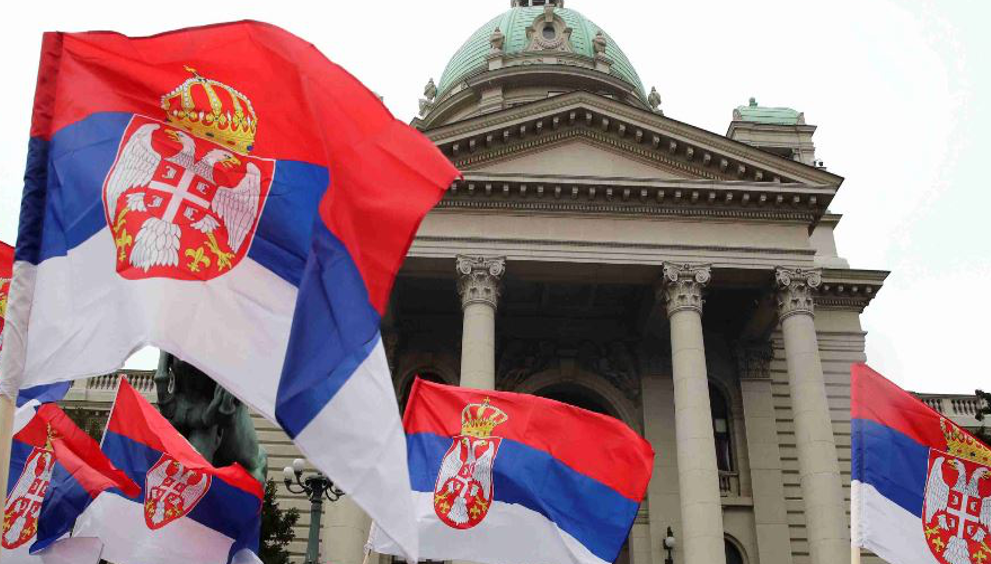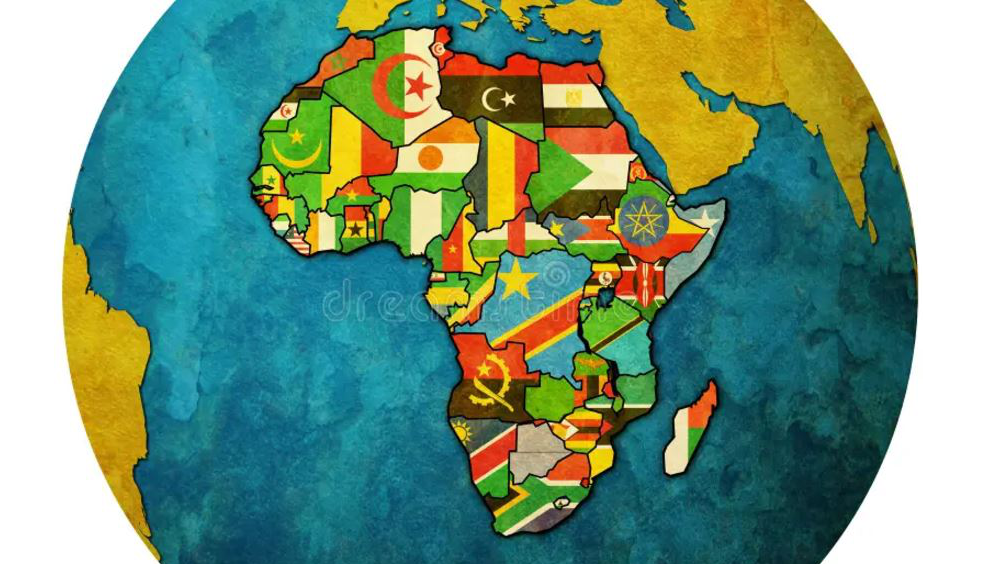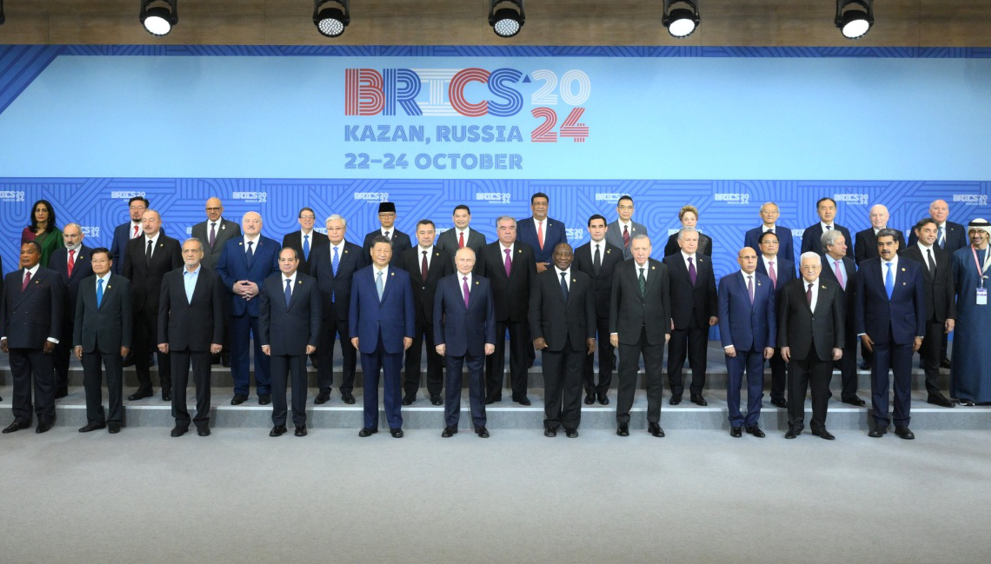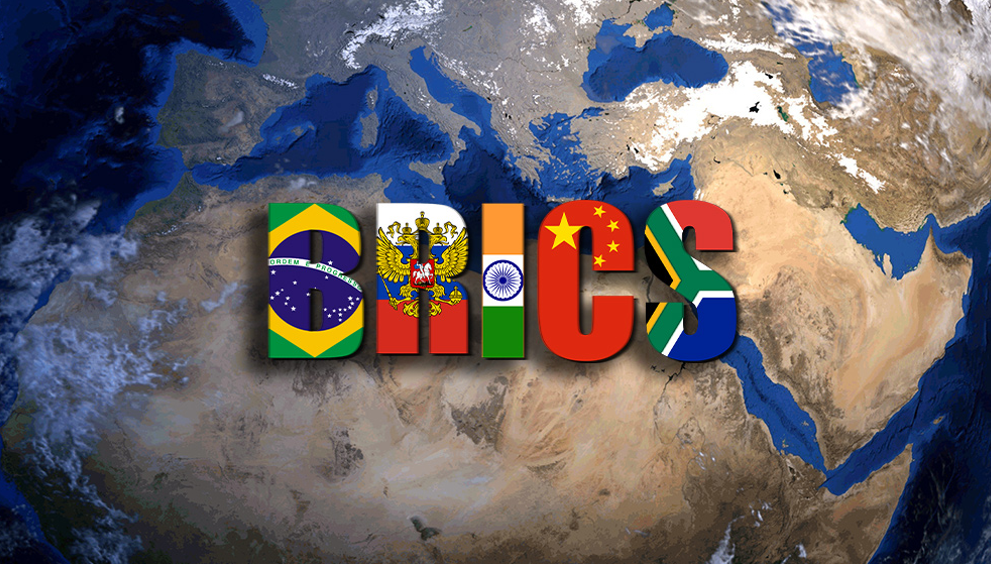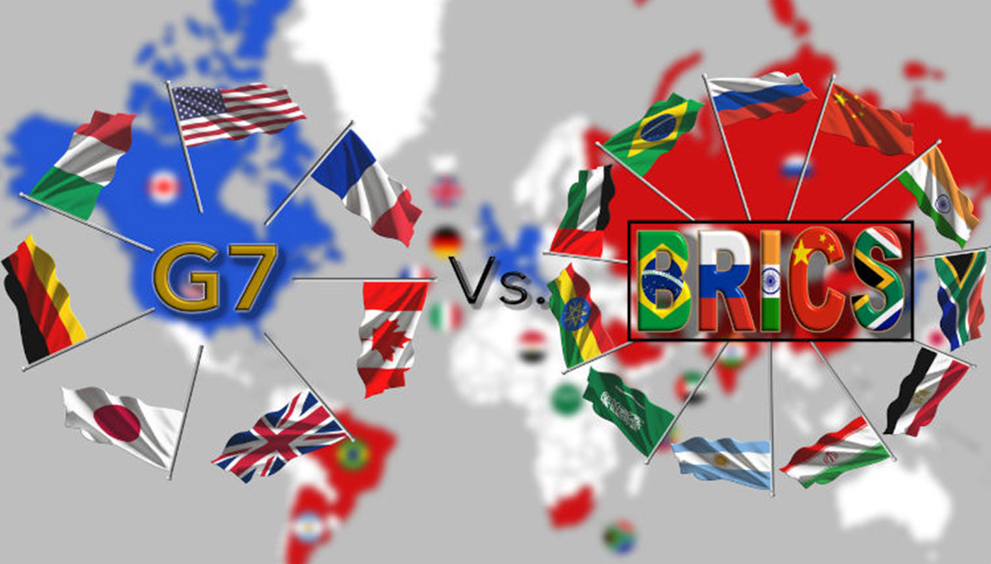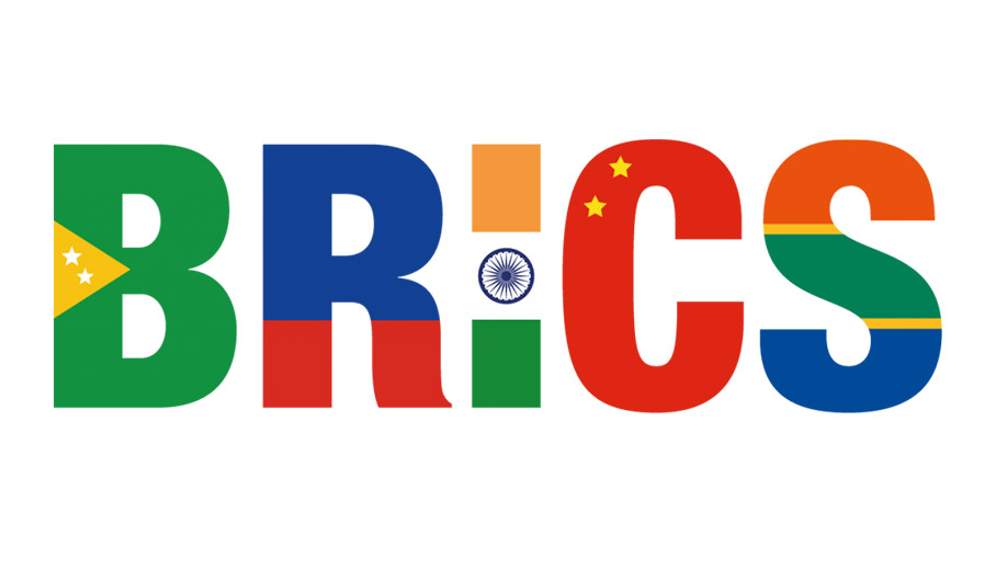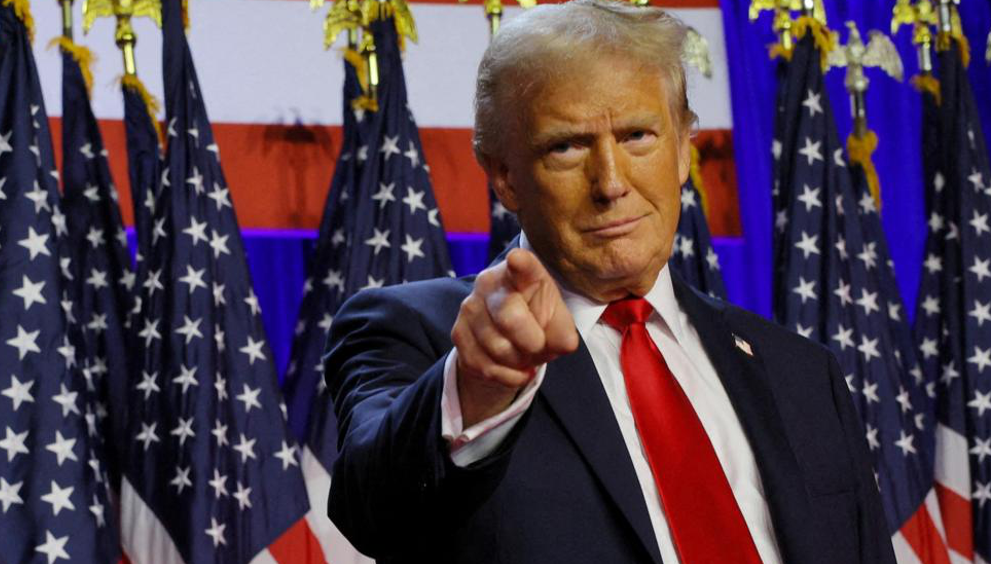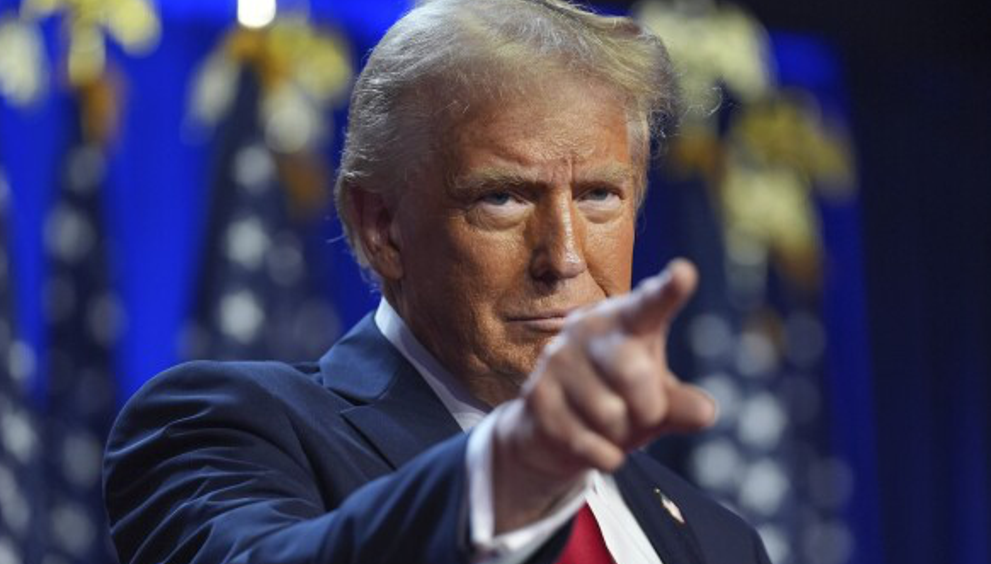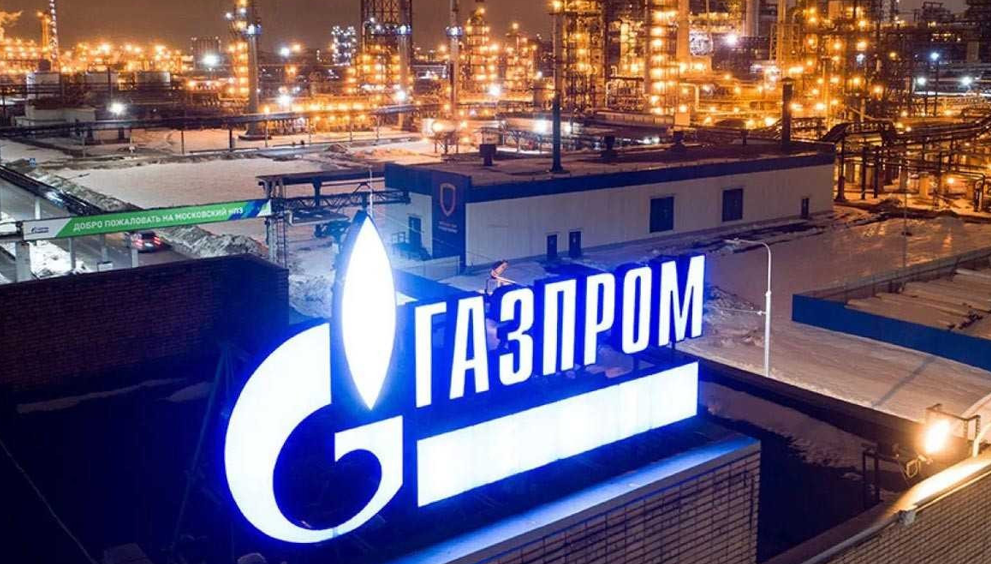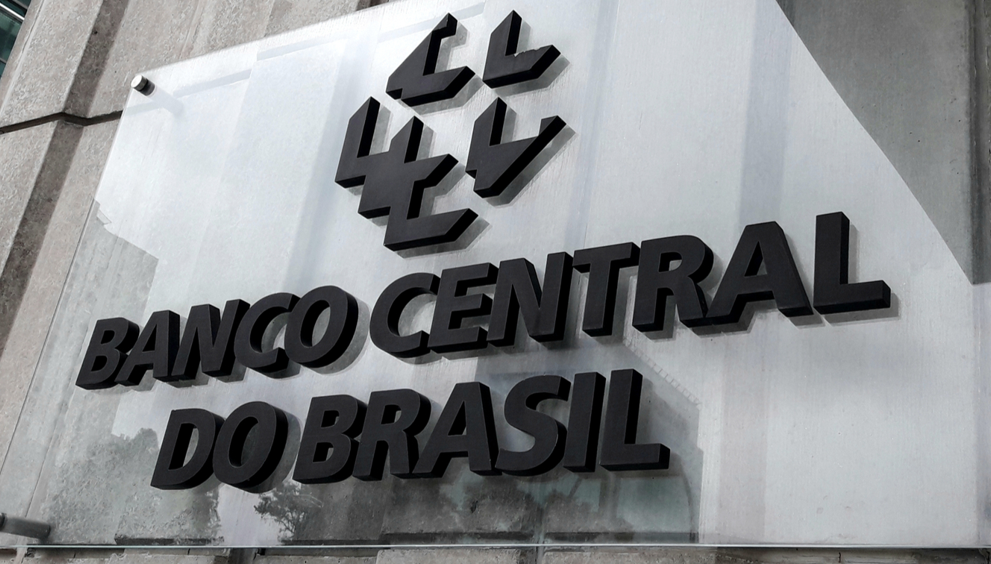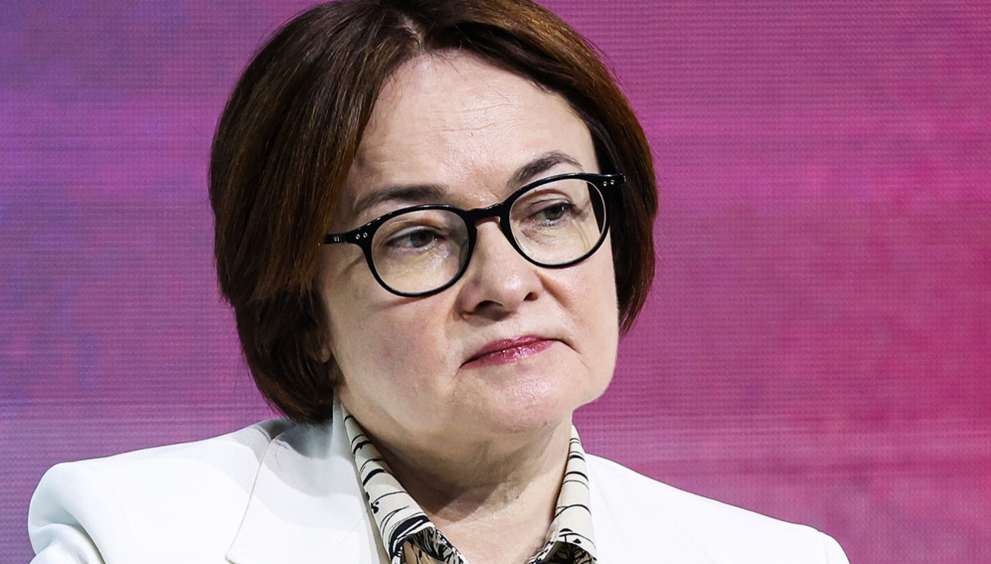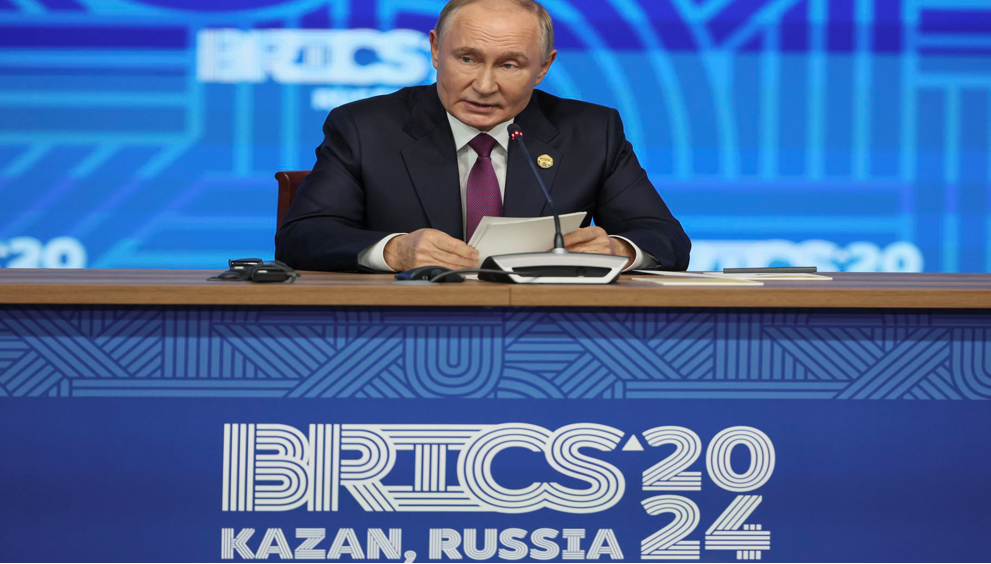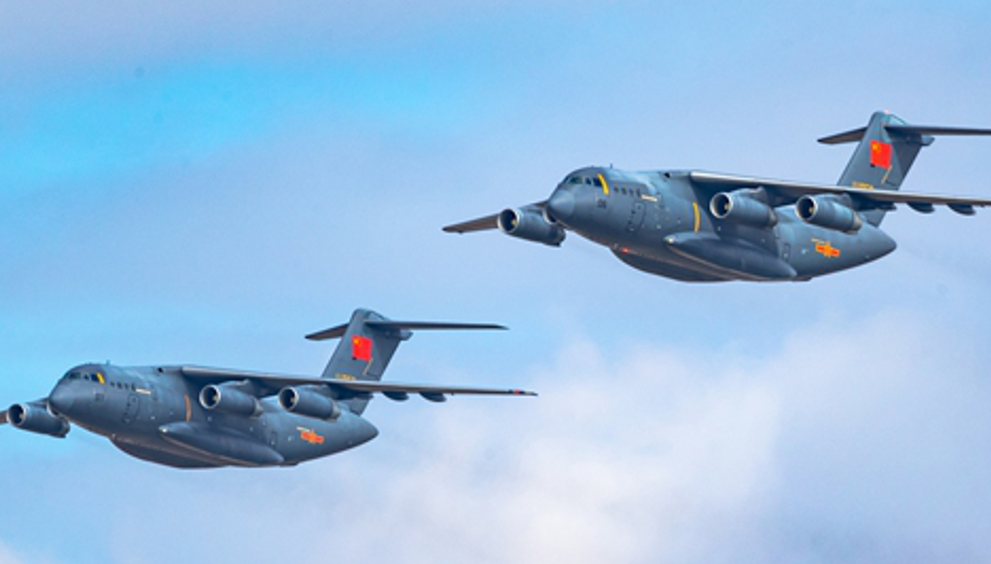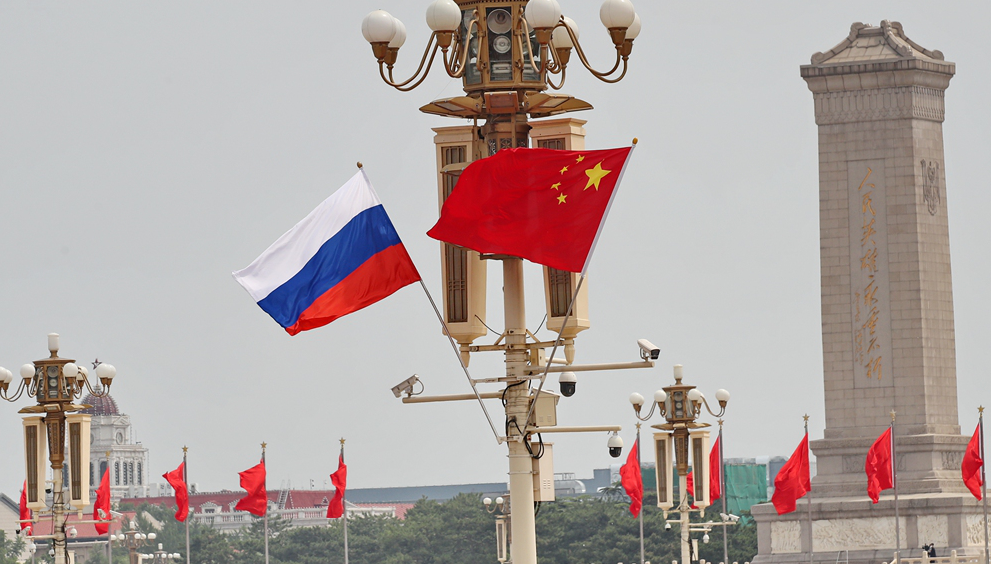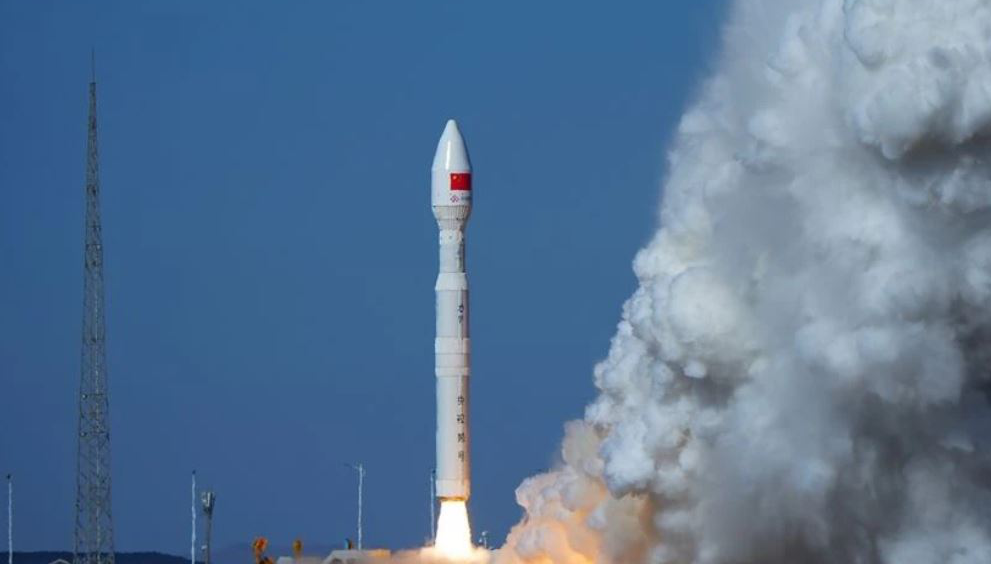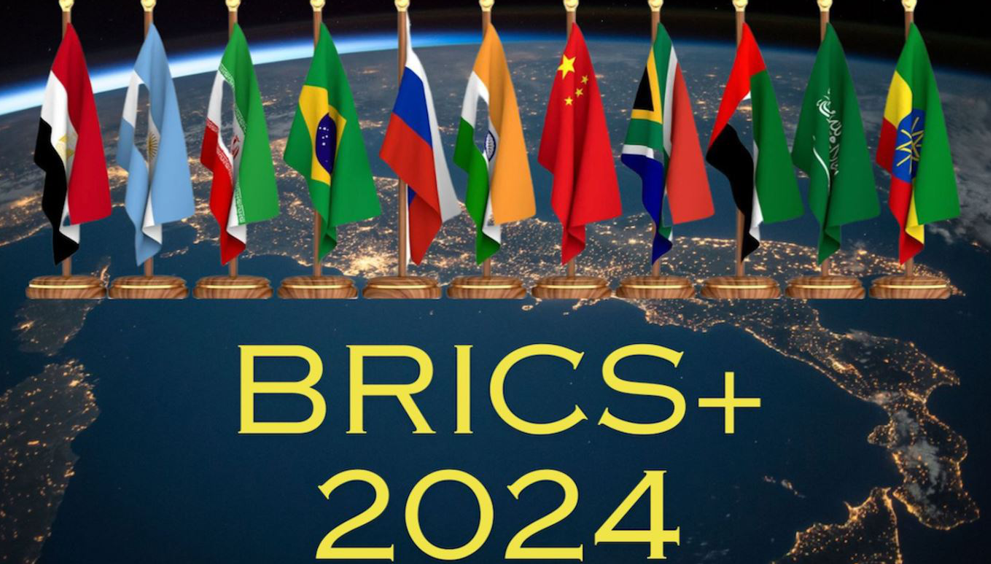Russia to Mine Bitcoin in BRICS Countries

In mid-October, during the BRICS Business Forum in Moscow, the Russian Direct Investment Fund (RDIF) partnered with domestic data center operator BitRiver to construct Bitcoin mining and AI computing facilities for BRICS nations.
The project could see the BRICS group of nations — which already has a combined gross domestic product larger than the G7 nations — build a crypto-based payment system. Since Western sanctions were imposed on Russia in 2022 following the invasion of Ukraine, various options for mutual payments within BRICS have been discussed, also including a basket of local currencies and a gold-backed currency.
Growing out mining infrastructure
On Oct. 18, RDIF and BitRiver announced a partnership to implement projects to introduce artificial intelligence (AI) technology, increase Russia’s share in the global computing capacity market and build Bitcoin mining and AI computing centers in BRICS countries.
“Together with RDIF, we will focus on creating an infrastructure base based on mining — building data centers and bringing the necessary capacity to them so that it will be possible to deploy and implement AI-related projects,” BitRiver owner and CEO Igor Runets said.
RDIF is Russia’s sovereign investment fund created by the government in 2011. The fund’s goal is to attract investment in various areas of the country’s economy. RDIF acts as a co-investor together with industry leaders, international institutional investors and other sovereign funds. According to the fund, it has implemented more than 100 projects totaling over 2.2 trillion rubles ($22.5 billion).
BitRiver is Russia’s largest operator of data centers for energy-intensive computing, such as mining or AI. The operator currently manages 21 operating data centers in Russia, and 10 more facilities are under construction.
Incidentally, BitRiver was the first Russian mining company on the sanctions list of the U.S. Office of Foreign Assets Control (OFAC).
RDIF and BitRiver said they plan to implement the construction of data centers in the BRICS countries and conclude the necessary partnerships. There is a global shortage of available space in energy-intensive data centers, and this opens up great opportunities for Russia given its experience, the statement said.
The partners will focus on expanding the potential of data centers with the possibility of further scaling of technologies in the BRICS markets, RDIF CEO Kirill Dmitriev was quoted as saying by the RBC business daily, adding that the development of crypto mining and computing power for AI implementation is a priority for Russia and its partners in the bloc.
RDIF also proposed the idea of creating a joint investment platform for BRICS member countries to invest in high technology, including AI, the state-run TASS news agency reported.
In addition, RDIF proposed to create a BRICS alliance in the field of artificial intelligence to ensure technological leadership. According to RDIF’s estimates, the potential GDP growth of the BRICS countries due to the introduction of AI technologies will amount to about 1.2%, or 340 billion euros ($366 billion) per year.
Domestic limitations
The BRICS mining and AI center announcement came just a couple of weeks before Russia’s law legalizing crypto mining came into force on Nov. 1.
Still, crypto miners in Russia will not be allowed to operate without constraints, as the law mandates all Bitcoin miners to register with Russia’s Federal Tax Registry and submit lists of equipment models and wallet addresses.
Nor will the lifting of the crypto mining ban facilitate the segment’s smooth operation as Russia is currently facing rising electricity costs and devaluation of the ruble.
Although crypto mining remained illegal in Russia until this month, the country has always played a significant role in the global crypto mining infrastructure. In the last few years, however, this role has been declining.
Currently, Russia accounts for approximately 5% of the global Bitcoin hash rate, down from over 11% just three years ago. Although this decline is partially explained by shifts in the global Bitcoin mining landscape, it’s also true that Russia is no longer a country with abundant, low-cost hydropower.
Inspiration for other countries?
Meanwhile, Russia’s initiative to expand Bitcoin mining into other countries might inspire other nations to develop similar domestic plans. Nico Smid, founder of Digital Mining Solutions, was cited by Cointelegraph, suggesting that other nations may view the BRICS approach as an example and begin monetizing underutilized energy resources for Bitcoin mining. Already, three countries — Argentina, Ethiopia and the United Arab Emirates — are leveraging state-owned resources to mine Bitcoin.
In addition, Russia’s ambitions in Bitcoin mining and AI could represent a broader attempt to secure a geopolitical advantage. As many regions still lack advanced IT infrastructure, Russia’s involvement could be an opportunity to expand its sphere of influence. Incidentally, Russia’s BRICS initiative may also play a role in redistributing the global Bitcoin hash rate, which is currently concentrated in the United States.
Crypto payments between BRICS countries?
One key reason for Russia’s growing interest in crypto mining is its desire to access decentralized liquidity for international transactions and to bypass anti-Russian sanctions stemming from the conflict in Ukraine. Russian companies are struggling to acquire foreign goods and receive payments due to the ongoing sanctions from Western nations.
In July, the Russian State Duma, the lower house of parliament, introduced a law permitting the use of cryptocurrencies in international trade.
Additionally, the Russian government is considering the launch of at least two crypto exchanges in Moscow and St. Petersburg to facilitate conversions between rubles and cryptocurrencies within a national payment system regulated by the Russian Central Bank.
The goal is to establish a legal framework to manage these exchanges and explore both the legal and technological challenges posed by stablecoins pegged to the Chinese yuan and a selection of BRICS currencies. More extensive use of cryptocurrencies could help Russia counter the impact of sanctions, offering an alternative for cross-border transactions. This could enhance Russia’s economy, increase international trade and strengthen payment infrastructure within the BRICS countries.
The idea of using crypto to settle payments between BRICS countries was first floated last year. Back then, Russian presidential aide Yury Ushakov said that Russia would strive to create an independent payment system based on digital currencies and blockchain.
“We believe that an important goal for the future is to create an independent settlement payment system within BRICS, which would be based on the most modern technologies, such as digital currencies and blockchain,” he was quoted as saying by TASS.
“And most importantly, it would be comfortable for states, population and business, would not require serious expenses and would be beyond politics,” he concluded.
- Mostread


 English
English 
